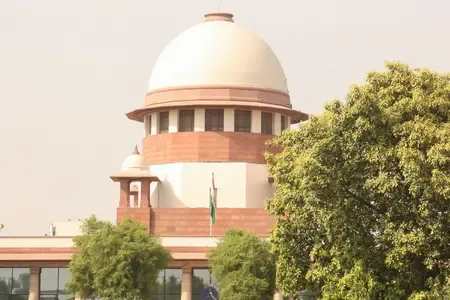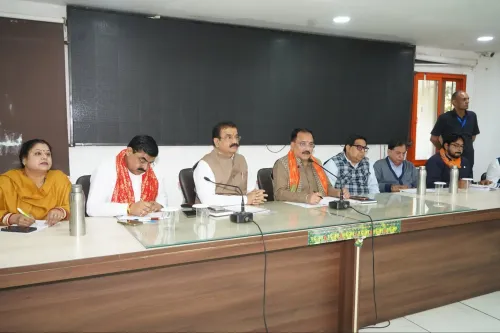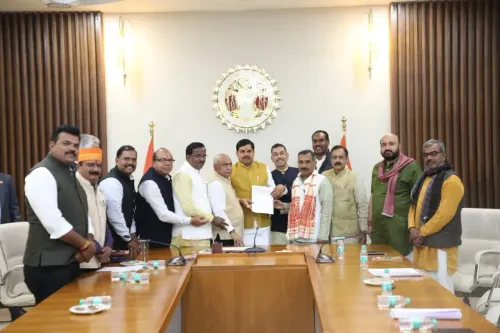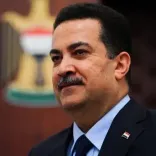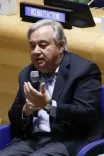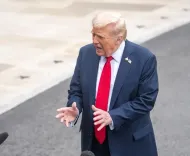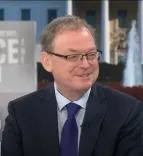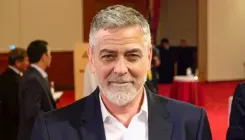How is the ED Enhancing Mauritius' Fight Against White Collar Crimes?

Synopsis
Key Takeaways
- Training on Money Laundering: Enhanced skills for FCC officers.
- International Collaboration: Strengthening ties between India and Mauritius.
- Hands-on Experience: Practical understanding of investigative techniques.
- Future Cooperation: Proposals for ongoing knowledge exchange.
- Asset Recovery Focus: Emphasis on effective asset tracing methodologies.
New Delhi, Oct 3 (NationPress) The Enforcement Directorate (ED) received commendations from the Financial Crimes Commission (FCC) of Mauritius for its training program aimed at enhancing the capabilities of officials in investigating white-collar crimes and recovering assets, as stated by an official on Friday.
In a message posted on the social media platform X, the ED noted: “T. Dawoodarry, Acting Director-General of the Financial Crimes Commission (FCC), expressed his gratitude for the specialized training carried out by the Directorate of Enforcement from September 22 to 26, 2025, at the FCC Headquarters located in Moka, Mauritius.”
“The Directorate sincerely appreciates the positive feedback and is eager to bolster bilateral collaboration in tackling money laundering and improving asset recovery initiatives,” it added.
The high-ranking official in Mauritius, in a letter dated October 2, extended his thanks to ED Director Rahul Navin for the training provided to officials from the island nation in the Indian Ocean.
Expressing his appreciation for the training program on "Money Laundering Investigations & Asset Recovery" held from September 22 to 26 at the FCC Headquarters in Mauritius, Dawoodarry remarked: “This tailored training for sixty-four participants was executed with outstanding professionalism. We are especially thankful for the comprehensive training curriculum and the elite delegation sent to Mauritius to conduct the training.”
He stated: “The training initiative significantly enhanced the technical skills of FCC officers in the realms of money laundering investigations and asset recovery.”
The attendees benefitted from opportunities to engage in discussions, gain practical experience, and deepen their understanding of essential investigative techniques, forensic analysis, the implications and risks linked to cryptocurrency, as well as effective asset tracing and recovery methods, he mentioned in a letter shared via the ED's X account.
“We are particularly thankful to the resource personnel from the ED… for the professionalism, knowledge, and commitment exhibited throughout the training,” remarked Dawoodarry, voicing a wish to extend collaboration in this sector.
He also requested the ED’s support for regular virtual meetings between seasoned ED professionals and FCC officials to facilitate ongoing knowledge transfer, technical advice, and enhanced international cooperation.
The FCC head further proposed the assignment of experienced ED professionals under the Indian Technical and Economic Cooperation (ITEC) program to provide practical knowledge transfer related to money laundering investigations and asset recovery, particularly in the implementation of standard operating procedures and guidelines aimed at improving investigative efficiency.

